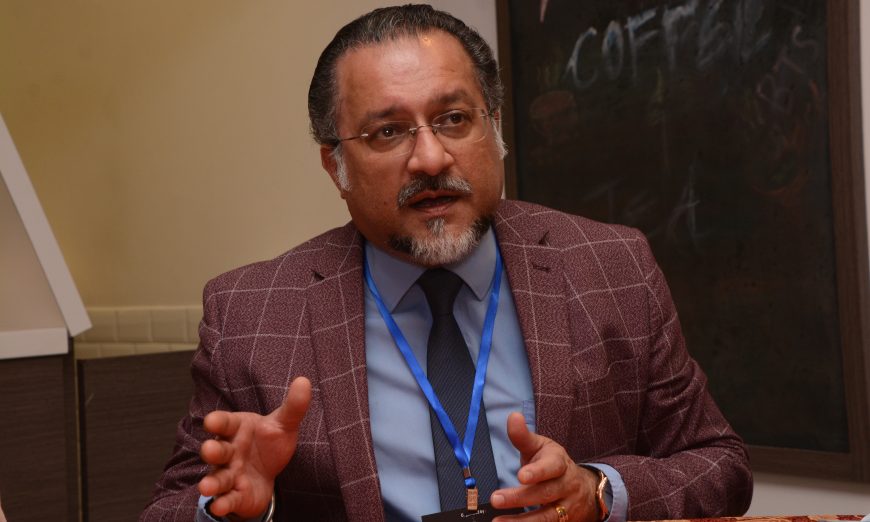THE rent-to-own (RTO) scheme for a property value of up to RM500,000 as announced in the 2020 Budget in October is expected to begin in the country by January next year.
State Local Government, Housing, Town and Country Planning Committee chairman Jagdeep Singh Deo said the information was based on his meeting with Finance Minister Lim Guan Eng’s special assistant Tony Pua recently.
“In the 2020 Budget, there is a RM10 billion fund that has been allocated by the Federal Government for first-time affordable housing up to RM500,000 under the RTO scheme.
“So, I had recently met Tony Pua to discuss this matter and I was told that it would be rolled out in January next year.
“For me, this is a very important development because one of the main reasons for this RTO scheme is to overcome high loan rejection rates for first-time home buyers,” Jagdeep told reporters after delivering his speech during the Smart Cities Asia 2020 Nationwide Tech-Talk at Tech Dome Penang in Komtar today.
Also present were Deputy Chief Minister I Datuk Ahmad Zakiyuddin Abdul Rahman, Komtar assemblyman Teh Lai Heng and Tech Dome Penang chief executive officer Dr Khong Yoon Loong.
According to Jagdeep, there are currently 2,100 existing housing units available in the state.
“Thus, the state government encourages those who cannot afford their own homes to apply for this RTO scheme.
“We will prioritise those who have been rejected by banks for loans for their first-time affordable homes to come forward quickly and register with the state Housing Department.
“And if selected, they will rent the house for five years before being given an option to purchase,” he added.
Jagdeep also urged property developers to inform the state Housing Department if they have overhang units up to RM500,000.
“If they inform us on which of their units are still available, we can match them with potential buyers,” he said.
On another matter, Jagdeep also encouraged Seberang Perai City Council (MBSP) and Penang Island City Council (MBPP) to request some funds from the Federal government to implement more smart initiatives projects in the state.
“I want our local government units (MBSP and MBPP) to pursue funding from the Federal Government.
“This can help to reduce the burden on the state because the implementation of many smart initiatives involve a lot of money.
“But at the same time, it doesn’t mean that the state government is incapable of implementing them.
“On our own, 22 smart initiatives had already been completed in Penang, six are ongoing and four are in the pipeline but with more funding, we can do a lot more,” Jagdeep added.
Story by Riadz Akmal
Pix by Law Suun Ting

